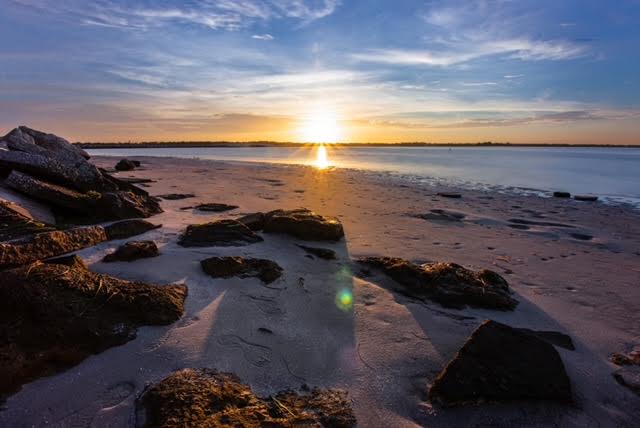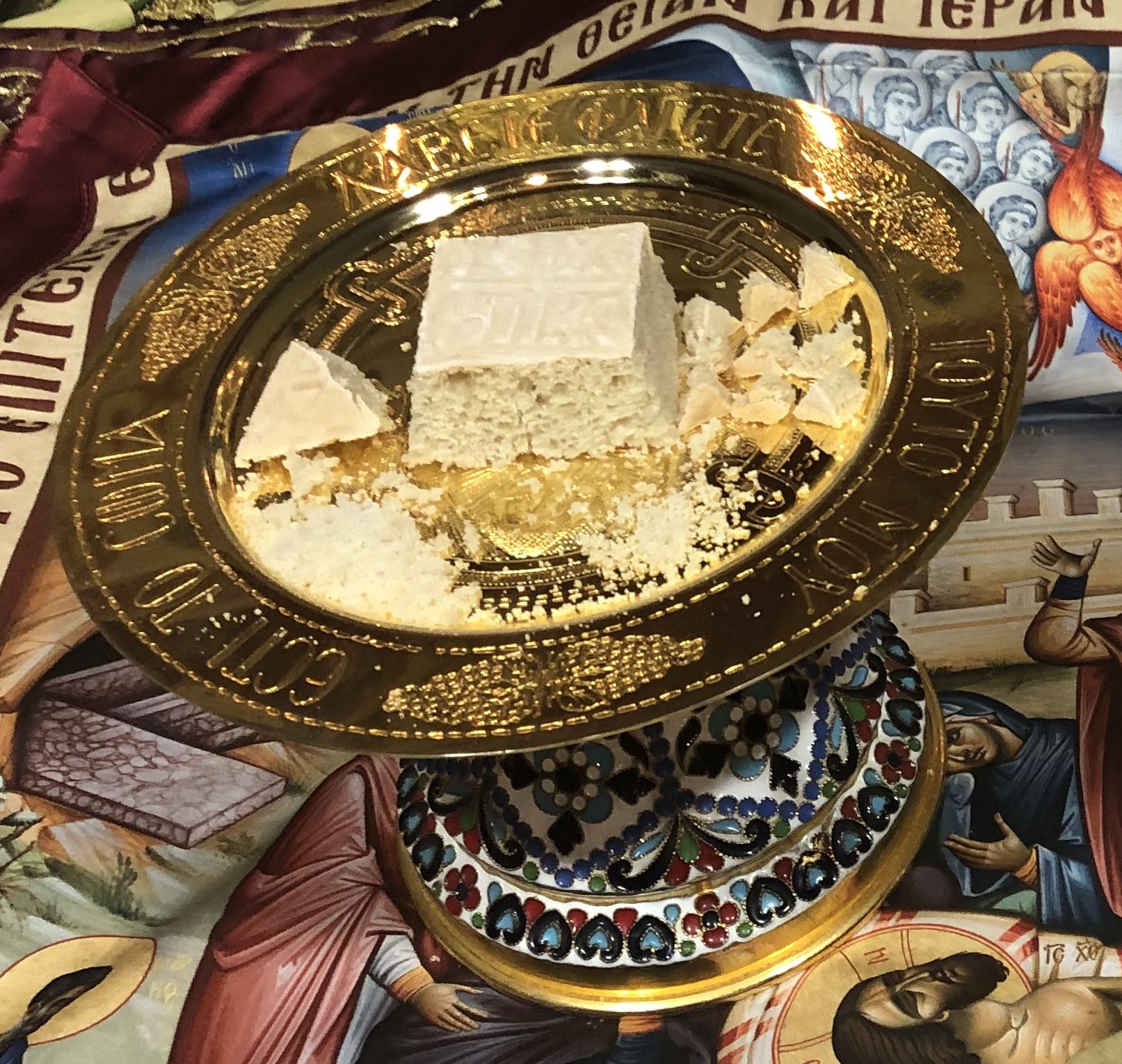And to Adam He said, “Because you have listened to the voice of your wife, and have eaten of the tree of which I commanded you, ‘You shall not eat of it,’ cursed is the ground because of you; in toil you shall eat of it all the days of your life; thorns and thistles it shall bring forth to you; and you shall eat the plants of the field. In the sweat of your face you shall eat bread till you return to the ground, for out of it you were taken; you are dust, and to dust you shall return.”
Genesis 3:17-19
Why do we die? Why did God even bother creating us if we are going to die? These are fair, philosophical questions. God did not create us to die. He created us out of love. He created us to share in His love. When God created Adam and Eve, He placed them in Paradise, the Garden of Eden, and there they lived in a perfect oneness with God. The Bible tells us that they were naked and unashamed as they stood in the presence of God.
God gave them free reign over all of creation, with one caveat—that they were not to touch the tree of the knowledge of good and evil. God did not put the tree there as some kind of cruel joke, or as an intentional temptation. God created us to share in His love, but love is a choice. Love cannot be imposed or demanded. God gave us free will, to freely choose to love Him. God placed the tree of good and evil in the garden in order to give humanity free will. Humanity could choose to follow the one rule and remain united with God, or humanity could choose to break the one rule and sever the relationship with God as it had been. Humanity chose to partake of the tree, based on a lie that was told by the devil, and this resulted in the Fall of humanity. Humanity had chosen to separate itself from God. God did not choose to separate from us. We chose to separate from Him by eating of the forbidden tree.
A Pandora’s box opened, so to speak, once sin entered the world. The perfection of Paradise, the bliss in which Adam and Eve existed in before the Fall was no more. Where there had been the perfect amount of everything, there now wasn’t. For instance, the weather had been perfect before the Fall. There was no destructive weather-related issues. With the Fall of humanity, the environment became fallen. Now there was too much rain, or not enough, the gentle breeze became gusty, the pleasant temperature became too hot or too cold. Disasters began to occur in nature. (I personally refuse to use the phrase “natural disasters,” or “acts of God” as some insurance companies call them. I use the phrase “disasters of nature.”) Earthquakes, floods, volcanoes, hurricanes, earthquakes, landslides, and other things resulted from the now fallen nature. Where the land had given forth plentifully, and without effort, now there was drought and flood, and now man had to till the ground with great effort.
There were consequences for the people. The floodgates for sin were opened. All sin can be traced to a common source, which is failure to love, either a failure to love God or to love our neighbor. The choice to eat from the forbidden tree was a failure to love God. This opened the path for failure to love neighbor as well. Now, all kinds of sins against God and neighbor entered the world—hatred, violence, deceit, anger, murder, lying, coveting, unwillingness to forgive, impatience, war, etc.
Where humanity once lived in perfect unity with God without threat of separation, there was one final consequence, this one the most significant. Humanity’s relationship with God was severed. After a period of time of life on earth, a person died. And on the way, most people got old, sick, tired, and pained, until they ceased living, because they ceased breathing. We read in Genesis 2:7, that “the Lord God formed man of dust from the ground, and breathed into his nostril the breath of life; and man became a living being.” At some point for each person, the breath ceased and the body decayed and became again like dust. We also read in Genesis 1:26 that “God said, ‘Let us make man in our image, after our likeness,’” and the part of us that is like God is our soul, the part of us that comes to know God and the part of us intended to be with God. Upon death, the soul now went to Hades, where it was separated from God for eternity. There was no more breath, no more body, and the soul was no more with God. In Genesis 3:24, we read that God “drove out the man; and at the east of the garden of Eden, He placed the Cherubim, and a flaming sword which turned every way, to guard the way to the tree of life.” Man would be separated from Paradise. This is the most serious and permanent consequence of the Fall. And before the Incarnation and Resurrection of Christ, the prospect of eventual death cast a dark shadow over every life. Because eventually every life ended in death, decay, and a soul that was eternally separated from God in Hades.
In the next reflection, we will discuss the purpose of life and what God intends for us in life and in death. Other reflections will address why death comes in the way that it does for some people. The purpose of this reflection has simply been to discuss why death exists, and why is it the common destiny for everyone regardless of its circumstances.
My soul cleaves to the dust; revive me according to Thy word! When I told of my ways, Thou didst answer me; teach me Thy statutes! Make me understand the way of Thy precepts, and I will meditate on Thy wondrous works. My souls melts away for sorrow; strengthen me according to Thy word! Put false way far from me; and graciously teach me Thy law! I have chosen the way of faithfulness, I set Thy ordinances before me. I cleave to Thy testimonies, O Lord; let me not be put to shame! I will run in the way of Thy commandments when Thou enlarges my understanding.
Psalm 119:25-32
Knowledge is power. When we have no knowledge of something, we have no power over it. Death frightens us because we don’t understand it. These reflections will hopefully bring some understanding, so that we can feel empowered to deal with something that will happen throughout our lives to our loved ones and eventually will happen to each of us.

